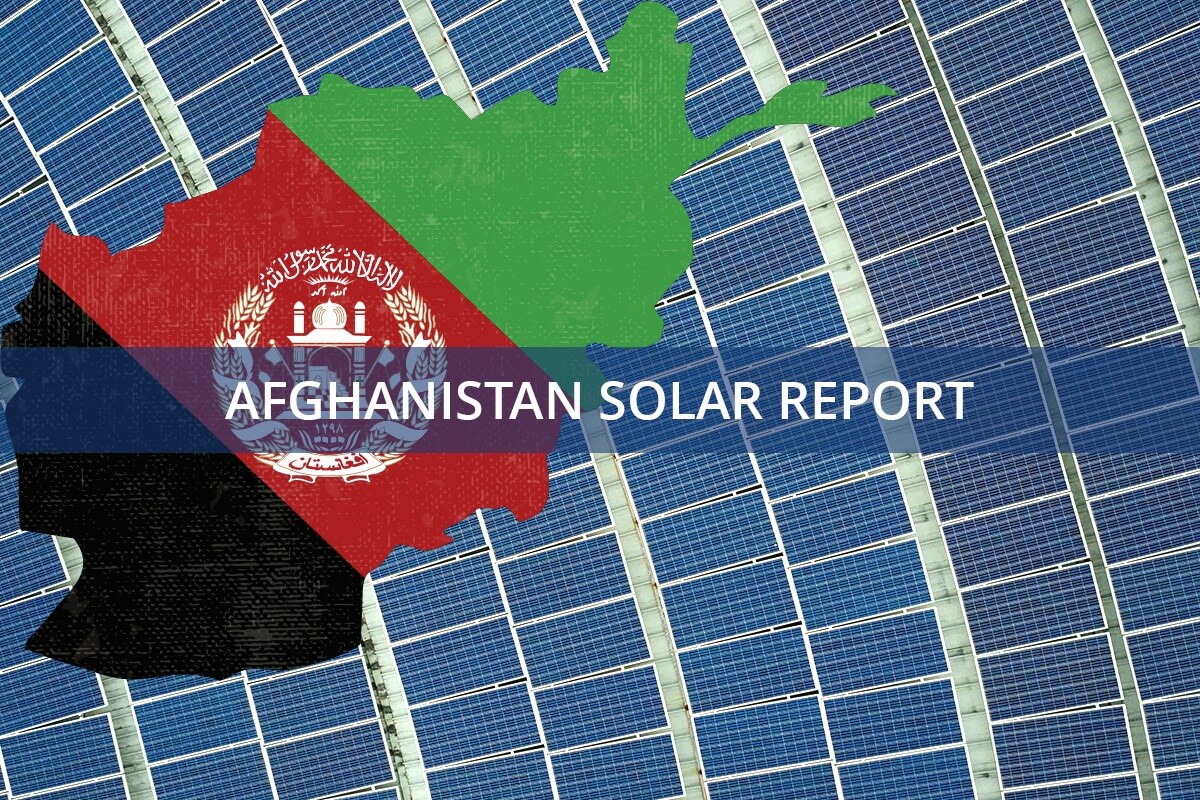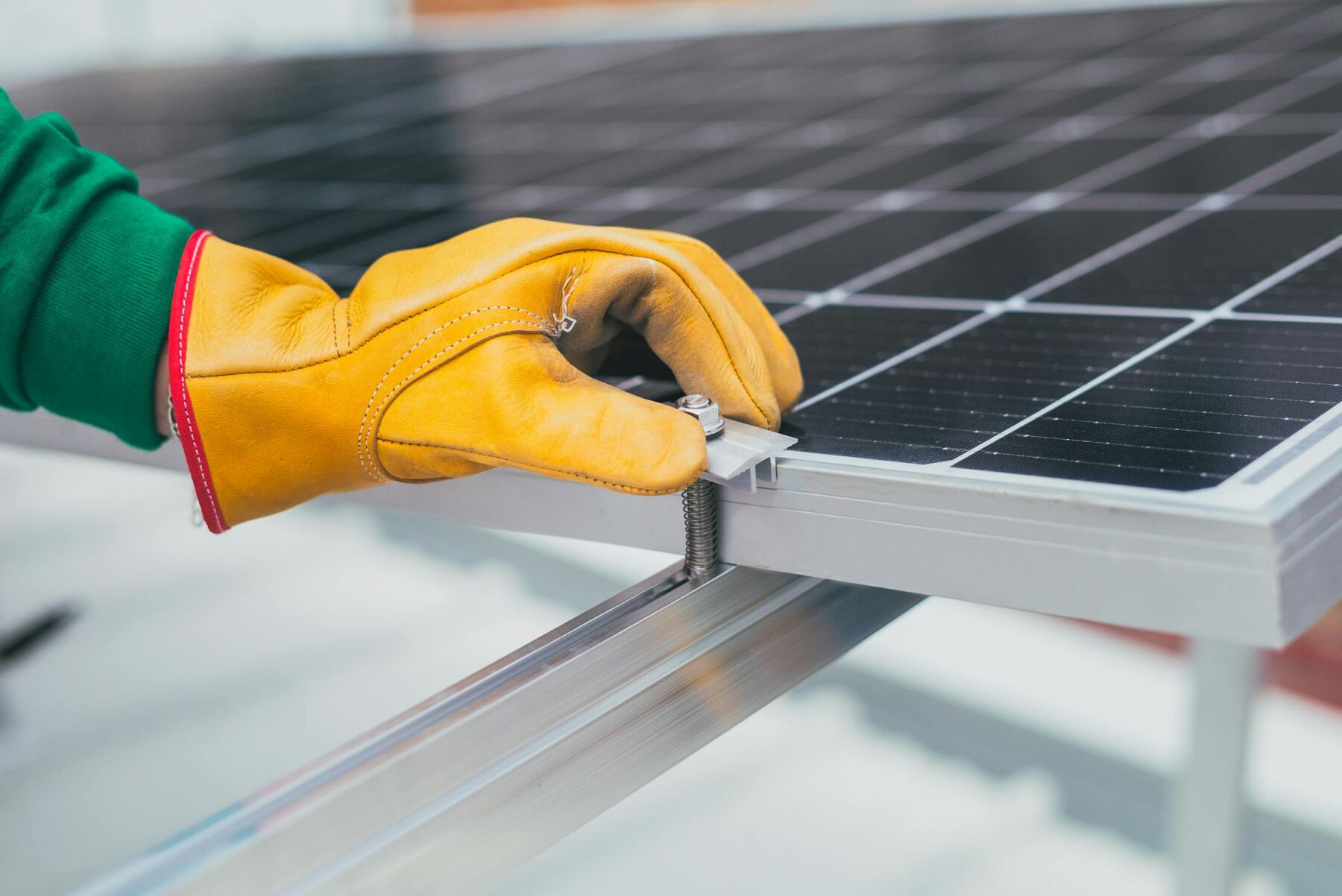The Taliban has signed energy contracts with two Iranian companies and a Turkish firm to supply electricity to Kabul and Logar provinces. The agreements were finalized on Sunday in Kabul. The contracts include a solar power plant project, marking a significant step towards diversifying Afghanistan’s energy sources.
Taliban power contracts to Generate 200 Megawatts of Solar Electricity
The most notable contract is with Iran’s Ghadir Energy and Water Company, which will build a solar power plant in Logar province. The plant, located about 80 kilometers (50 miles) south of Kabul, is expected to generate 200 megawatts (MW) of electricity. This project aims to reduce Afghanistan’s reliance on imported electricity, which currently accounts for 80% of the country’s power supply.
The solar power plant is a critical development for Afghanistan’s energy sector. The country has long struggled with energy shortages, relying heavily on imports from neighboring countries such as Iran, Uzbekistan, and Tajikistan. The new solar plant will not only provide a more sustainable energy source but also reduce Afghanistan’s dependency on foreign power.
Taliban power contracts Expand to Power Line Construction and Maintenance
In addition to the solar power plant, the Taliban signed two other contracts to improve the country’s energy infrastructure. One of the contracts, worth $17 million, is with Turkey’s EGD Electric. This project involves the construction of a 220-kilovolt power line in Kabul province, which will help distribute electricity more efficiently across the region.
The second contract, valued at $3.3 million, is with Iran’s Mapna Group. This contract focuses on the maintenance and repair of existing power lines in Kabul. Both contracts aim to strengthen Afghanistan’s energy distribution network, ensuring that electricity reaches more households and businesses.
Taliban power contracts Aim to Boost Energy Self-Sufficiency
The Taliban’s signing of these contracts is part of a broader effort to improve Afghanistan’s energy self-sufficiency. Since taking control of the country in August 2021, the Taliban has been working to stabilize the economy and address infrastructure challenges. The new solar power plant and power line projects are seen as critical steps in achieving these goals.
Afghanistan’s energy sector has long been plagued by inefficiencies and a lack of investment. The country imports most of its electricity, which makes it vulnerable to disruptions in supply from neighboring countries. By investing in renewable energy projects like the solar power plant in Logar, the Taliban hopes to create a more reliable and sustainable energy system.
International Support Grows for Taliban power contracts and Energy Projects
The contracts with Iranian and Turkish companies highlight the Taliban’s efforts to build international partnerships in the energy sector. Iran and Turkey have both expressed interest in helping Afghanistan develop its infrastructure, and these agreements are a testament to their commitment.
The solar power plant in Logar is expected to be a game-changer for Afghanistan’s energy landscape. Once completed, it will provide a significant boost to the country’s power generation capacity. The plant’s 200 MW output will help meet the growing demand for electricity in Kabul and surrounding areas.
The Taliban’s energy deals with Iran and Turkey are a significant step towards achieving energy self-sufficiency in Afghanistan. The solar power plant and power line projects will help reduce the country’s reliance on imported electricity while providing a more sustainable energy future. As Afghanistan continues to rebuild its infrastructure, these contracts represent a critical milestone in the country’s development journey.



